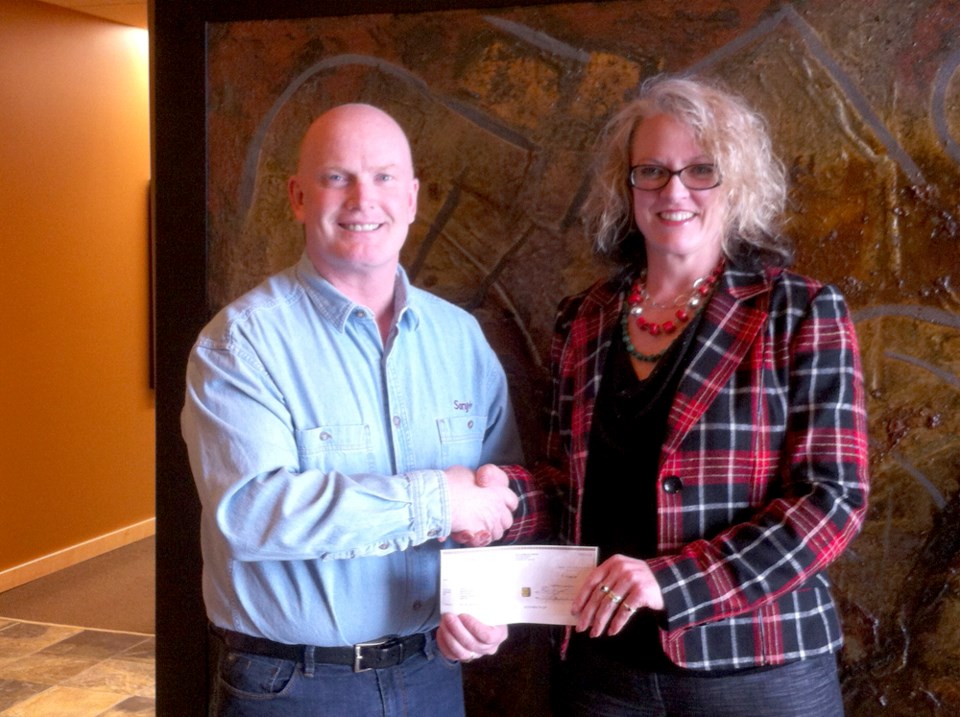The Early Safety Training Program that began in southeast Saskatchewan has been growing since its inception in 1996, so much so that it is, in a way, entering its own renaissance.
Now including boot camps as part of the program, last year there were 96 applicants in the Estevan area to fill just 18 seats.
Terri Kerbrat, the Early Safety Training Program co-ordinator for the Saskatchewan Safety Council, said last year, the boot camp was held over the Easter weekend. Because of the flood of applications last year, they are moving the program up to March, and if they have additional applicants they may be able to set up a further program this Easter. There can only be 18 students in the program, which Kerbrat noted is a legislated figure, and they can’t add more students into a class to be accommodating.
The Estevan boot camp will include first aid with health-care provider CPR, and the elective this year is transfer lifting and repositioning.
“We’re really preparing the future nurses,” said Kerbrat. “Any of the students from South East Cornerstone who are going into nursing will be taking that program.”
The camps are funded entirely through corporate sponsorship and fundraising. A golf tournament at Mainprize has been running for 17 years to raise funds for this program.
When it comes to workplace safety, the statistics paint a rather shocking picture. In Saskatchewan, 6,000 students each year are injured on the jobsite. One in four workers under 25 experiences an injury that is then reported to the Workers’ Compensation Board, and three young people die on the job every year in the province.
Saskatchewan has the second highest rate of time-loss claims in Canada, and the WCB CEO, Peter Federko, has said there continues to be behavioral and attitude issues in the province regarding workplace injuries. Overall there were 35 workplace deaths in Saskatchewan in 2013, which was a decrease from previous years.
Kerbrat’s father was killed in a farm accident, and she said as she saw some of those figures thought, “There has got to be a better way of doing this. To me, the better way was to do this at no cost to the students.”
Previously, students went through the program on their own dollar and were reimbursed through a bursary.
Secondly, she said taking the program directly to students was vital.
“Take it to the communities they live in, and that eliminates the barrier of accessibility,” Kerbrat said.
During the best year of the bursary program, there were 66 bursaries. The first year of evaluating the boot camps, they trained 65 students. The second year, they trained 228, and this year between January and May they will have trained 502 students.
Those numbers are expected to grow. Kerbrat said she has a wait list of more than 800 students.
And while that is province wide, the bulk of the requests are coming from the southeast.
“I think just because the program is known in the southeast, at this point anyway, we’re still training more students out of the southeast,” added Kerbrat.
With those growing numbers, she said the sponsorship may not be a long-term solution to keeping up with their growth, and they are hoping more and more people get involved in events like the golf tournament.
The boot camps will be hosted at Estevan Comprehensive School March 14, 15 and 16, while simultaneously running in Weyburn March 15 and 16 and Moosomin March 16.
Although the formats vary, the core of the program has remained true to its roots in that it is comprised of the Young Worker Readiness Certificate, WHMIS, OH&S First Aid/CPR and one elective.




